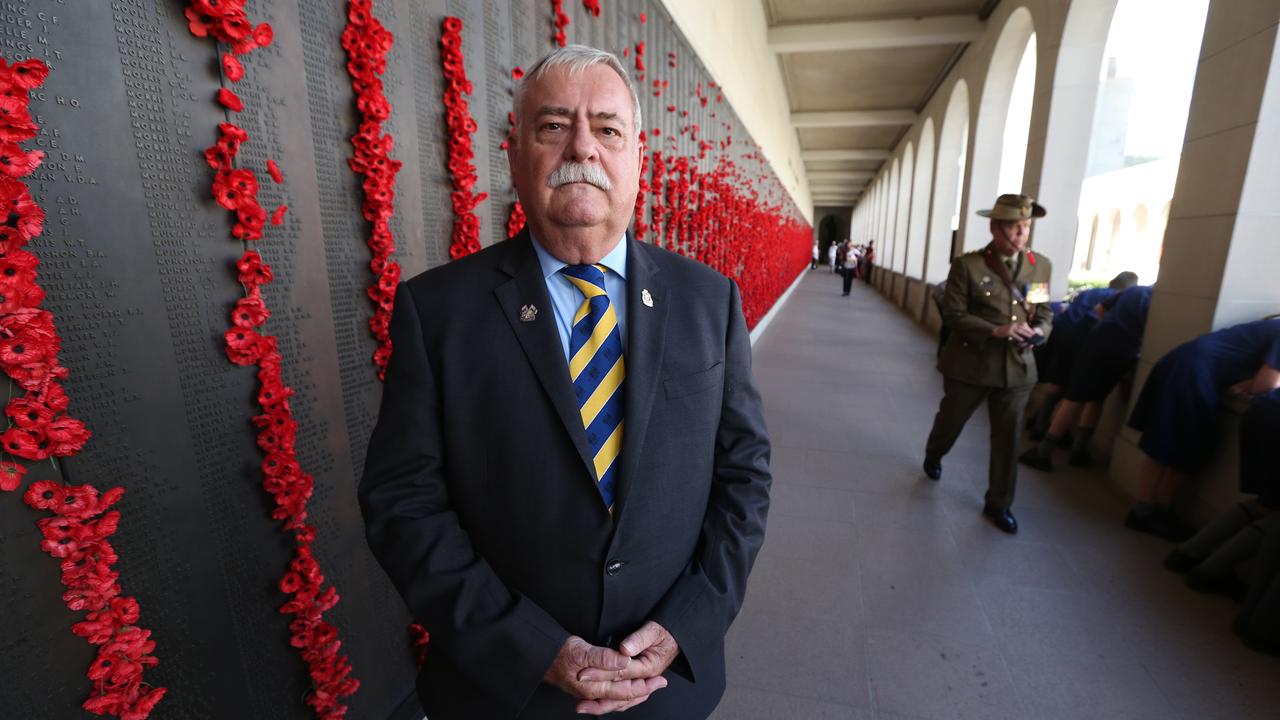Marine deal on track to be sealed before Obama exit
Barack Obama’s plan to use US Marine exercises in the NT as a basis for a ‘pivot in Asia’ is guaranteed to proceed.

Barack Obama’s grand plan to use US Marine exercises in the Northern Territory as a basis for a new military “pivot in Asia” is guaranteed to proceed under whoever is elected president in November.
There were major concerns in Australia and the US that a dispute over costs for the annual marine deployments would limit the size of the force to half of that planned by Mr Obama and Julia Gillard in 2011.
As the US faces increased pressure in Southeast Asia to withdraw troops from the Asia-Pacific region, Australia’s role as the effective host to a 2500-strong self-contained Marine Air Ground Task Force — which could be readily deployed to crises in the region — is even more crucial.
There were also fears that should Donald Trump become president, or even Hillary Clinton, a new administration would baulk at the costs and refuse to finalise the agreement, stalling it at half its planned strength or even cutting its strength.
That would be a major strategic reversal in the region and deprive Australia of the opportunity to support US military preparedness as well as cutting off millions of dollars from the Northern Territory economy.
As this stage the marine commitment for this year is still only half the target Mr Obama and Ms Gillard envisaged.
The Abbott government ratified the first stage of the deal and there were scheduled to be 2500 marines exercising near Darwin for several months of each year by 2016-17.
An argument over cost-sharing the troop rotation has stalled at half that and there has been concern the whole venture could be undermined if a new administration in Washington does not accept the costs and adopts a more isolationist position.
On his arrival in the US last week, after The Australian revealed the concerns about closing a deal in time for the November election, Malcolm Turnbull said it would be finalised in time.
But the Prime Minister did not plan to raise the issue directly with Mr Obama or US Defence Secretary Ash Carter, and was leaving the final detail to Australian Defence Department secretary Dennis Richardson and Defence Minister Marise Payne.
Foreign Minister Julie Bishop was confident agreement would be reached soon after a series of meetings she had in Washington before going to New York for the UN General Assembly.
It is expected Ms Bishop and Senator Payne will sign the final agreement, which involves millions of dollars of shared costs, at their next meeting with their US counterparts.
On the last formal day of Mr Turnbull’s US visit on Friday he met intelligence chiefs and Mr Carter and discussed the importance of the pivot in Asia.
The original announcement in Darwin in 2011 was billed as Mr Obama’s big new commitment to Asia. But a tussle over shared costs for the deployments has prevented the increase of the six-monthly rotations from the first 1150 soldiers to the target of at least 2500 by the end of this year.
Regional allies are also concerned about the restrictions as the US faces pressure on its bases in Southeast Asia and congress puts pressure on allies to pay a bigger share of troops training overseas.



